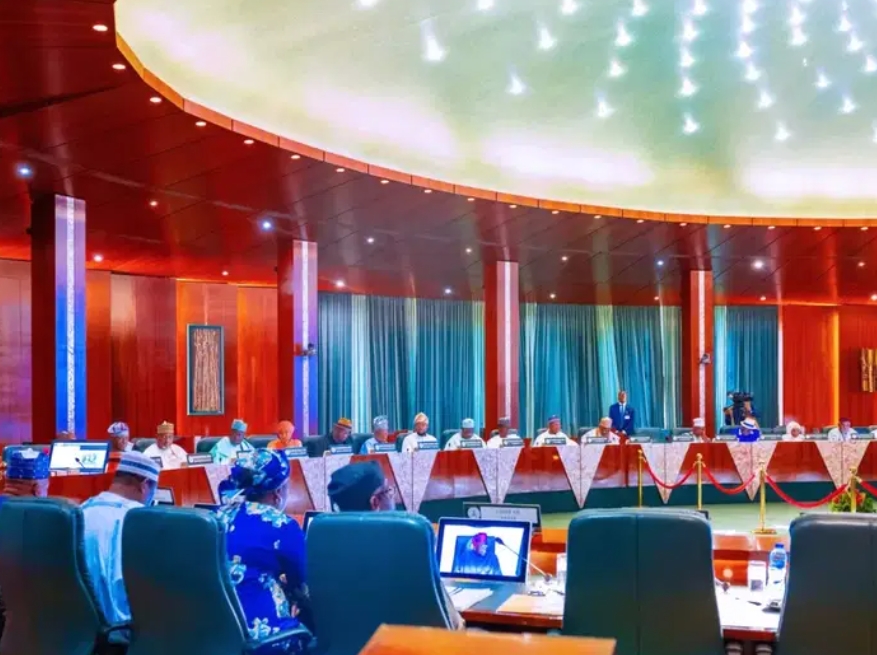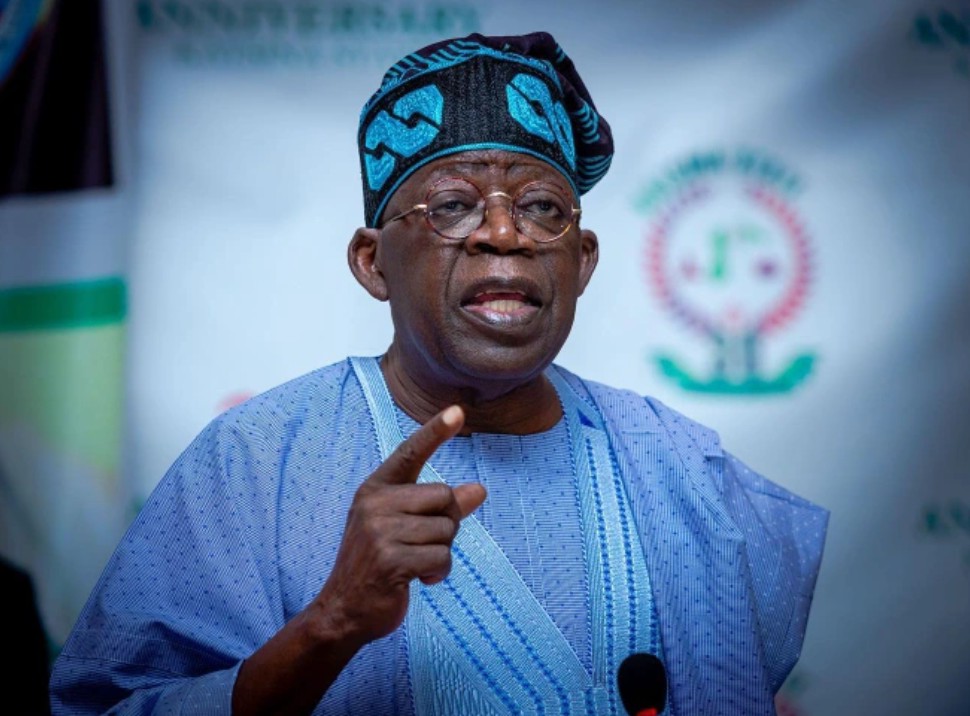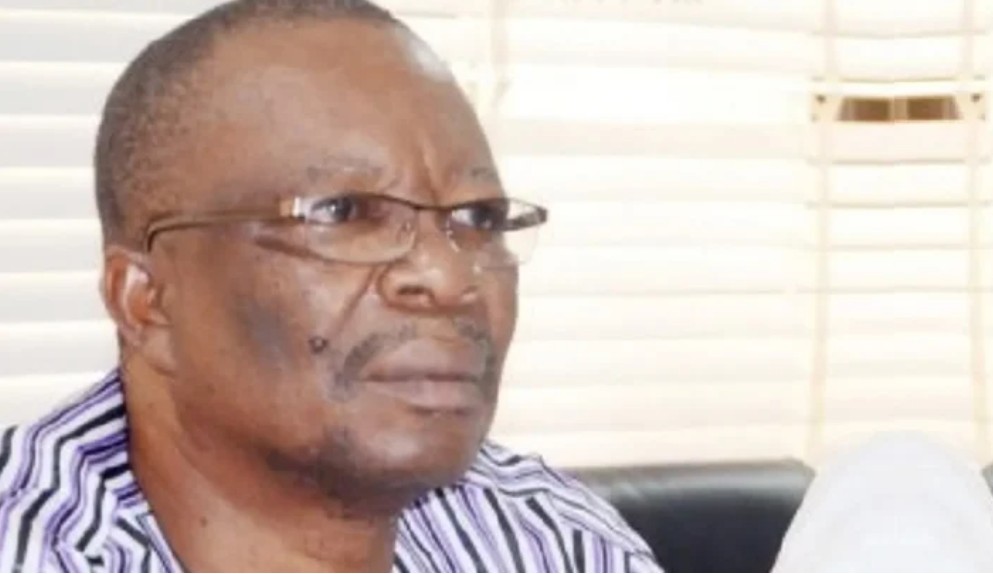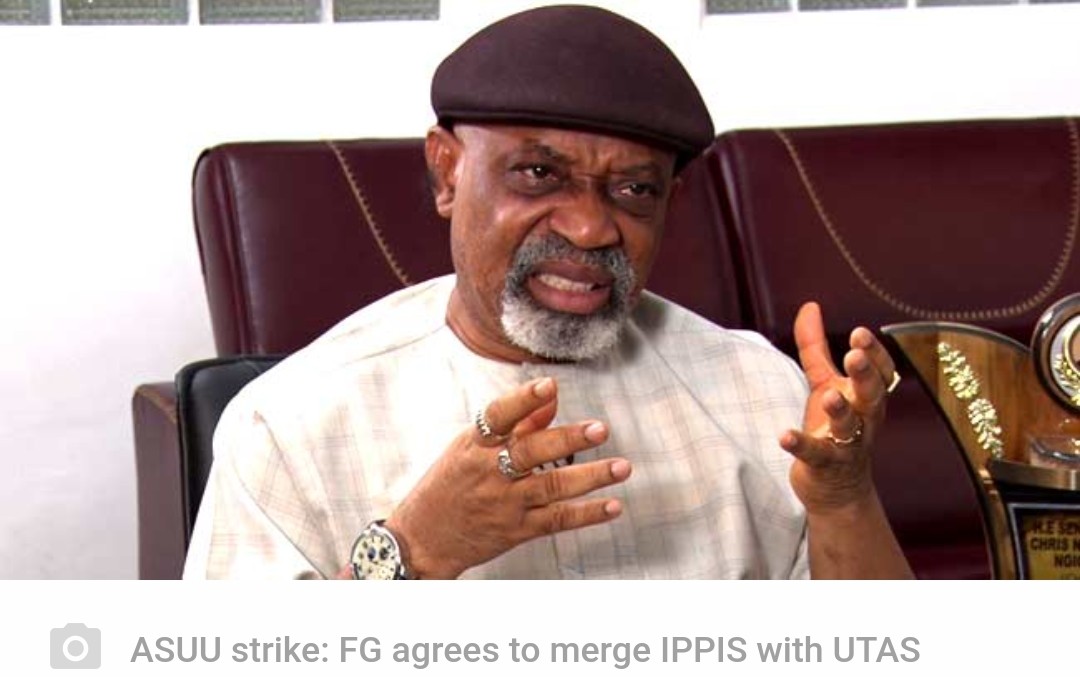Home > Politics > End of an Era: INEC Set for New Leadersh...
End of an Era: INEC Set for New Leadership as Tinubu Presents Nominee
By AnchorNews | 09 Oct, 2025 09:42:04am | 125

Barring any last-minute changes, President Bola Tinubu is expected to present his nominee for the position of Chairman of the Independent National Electoral Commission (INEC) to the National Council of State today at the Presidential Villa, Aso Rock, Abuja.
Professor Mahmood Yakubu’s tenure as INEC Chairman is set to end next month. On Tuesday, October 7, 2025, he handed over leadership to the most senior National Commissioner, Dame May Agbamuche-Mbu, in acting capacity.
Among the three individuals considered to succeed Yakubu, Professor Joash Ojo Amupitan has reportedly received strong recommendations. His appointment is anticipated to be announced following the Council of State’s briefing.
A source within the Presidency told Vanguard that Amupitan, a native of Kogi State in the North Central region, has already passed security clearance. He currently serves as the Deputy Vice-Chancellor (Administration) at the University of Jos.
Born on April 25, 1967, in Aiyetoro-Gbede, Ijumu Local Government Area of Kogi State, Amupitan is a Professor of Law. His expertise includes the Law of Evidence, Corporate Governance, Corporate Law, and Privatisation Law, and he has been a long-time lecturer at the university.
President Tinubu’s approach marks a notable departure from the precedent set by his predecessor, the late President Muhammadu Buhari. During Buhari’s tenure, INEC’s required four-member quorum was delayed by several months, leaving the Commission inactive during a critical period.
Legal Framework for INEC Appointments
Appointments to INEC are governed by Section 153(1) and the Third Schedule of the 1999 Constitution (as amended), which define the structure and procedures for such appointments. The President is responsible for appointing INEC members, subject to Senate confirmation and consultation with the National Council of State.
Although this consultation is constitutionally mandated, some recent appointments made by President Tinubu — including National Commissioners and Resident Electoral Commissioners (RECs) — were completed without involving the Council of State. This prompted criticism from groups such as the Socio-Economic Rights and Accountability Project (SERAP), which alleged that at least three appointees were members of the All Progressives Congress (APC).

Leave a Reply
Your email address will not be published. Required fields are marked *
Category
 Entertainment
Entertainment Business & Economy
Business & Economy Politics
Politics Technology
Technology Culture & Tourism
Culture & Tourism Health
Health Opinion
Opinion Religion
Religion .jpeg) Interviews
Interviews Sports
Sports  Crime & Security
Crime & Security Education
Education  News
News